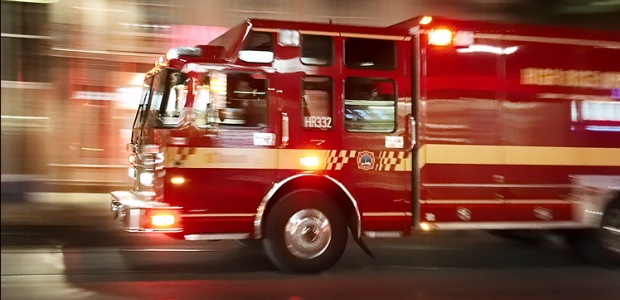
NIOSH Creates Training Program on Emergency Responders and Fatigue
The 60-page document is meant to assist responders in health care, public safety, utilities, construction, humanitarian aid, and cleanup services.
NIOSH has launched an interim training program to assist emergency workers who deploy to disaster sites caused by weather, earthquakes, and other catastrophic events, such as Ebola cases. The 30-minute online training is for workers and their managers to help them better cope with the long hours demanded by such emergency operations; the agency's announcement said emergency responders in health care, public safety, utilities, construction, humanitarian aid, and cleanup services can use it to learn strategies to reduce risks linked to fatigue.
To learn more and take the training, visit http://www.cdc.gov/niosh/emres/longhourstraining/.
There is a 60-page document at the site that covers risks, safe work practices, how to find a sleep disorders specialist, references, and recommendations. The training program's content comes from a draft written by Claire C. Caruso, Ph.D., RN, FAAN, a research health scientist in NIOSH's Division of Applied Research and Technology, and four colleagues, "NIOSH Training for Nurses on Shift Work and Long Work Hours."
"Getting enough sleep can be done; it often requires a concerted effort between responders and their managers," it states.